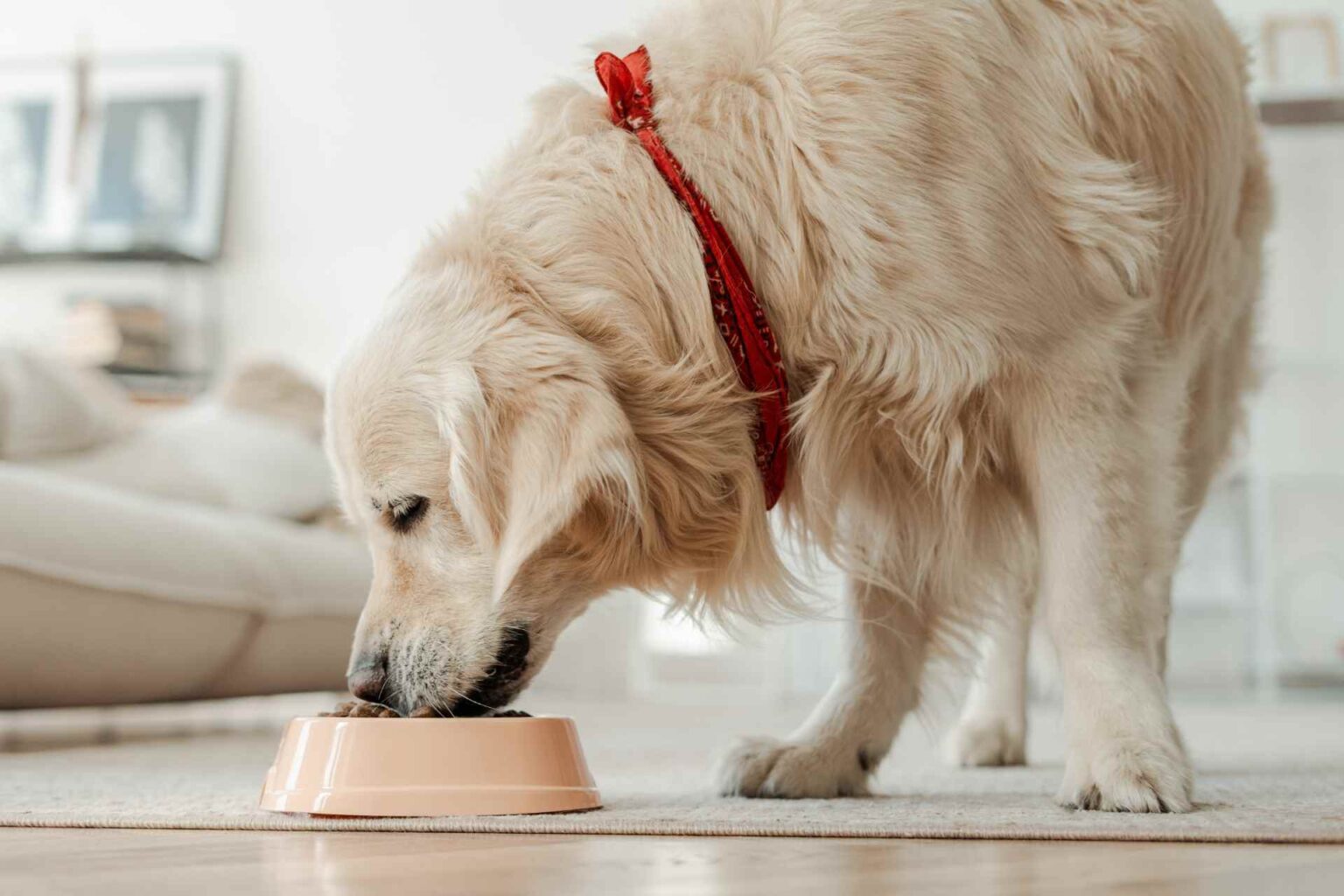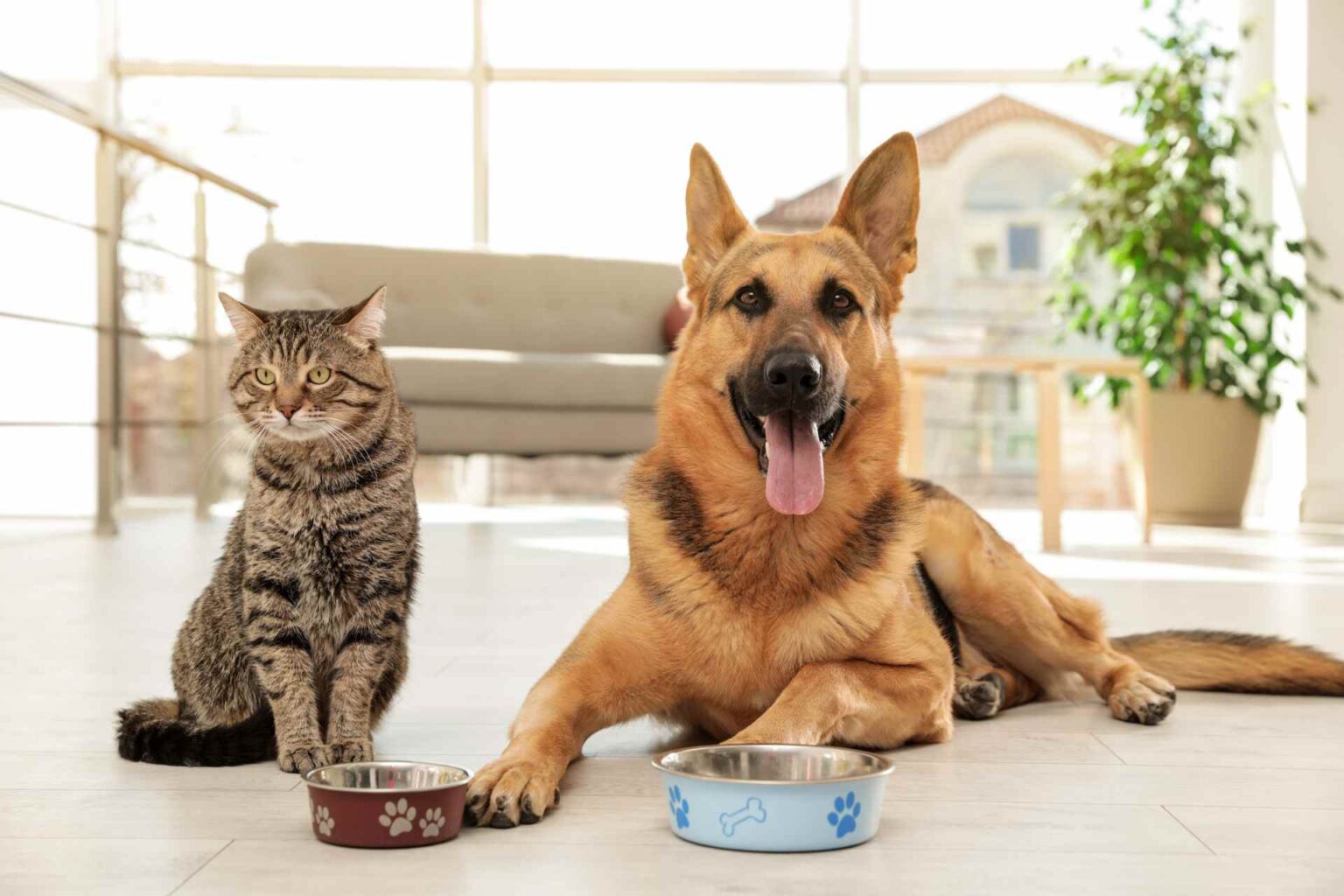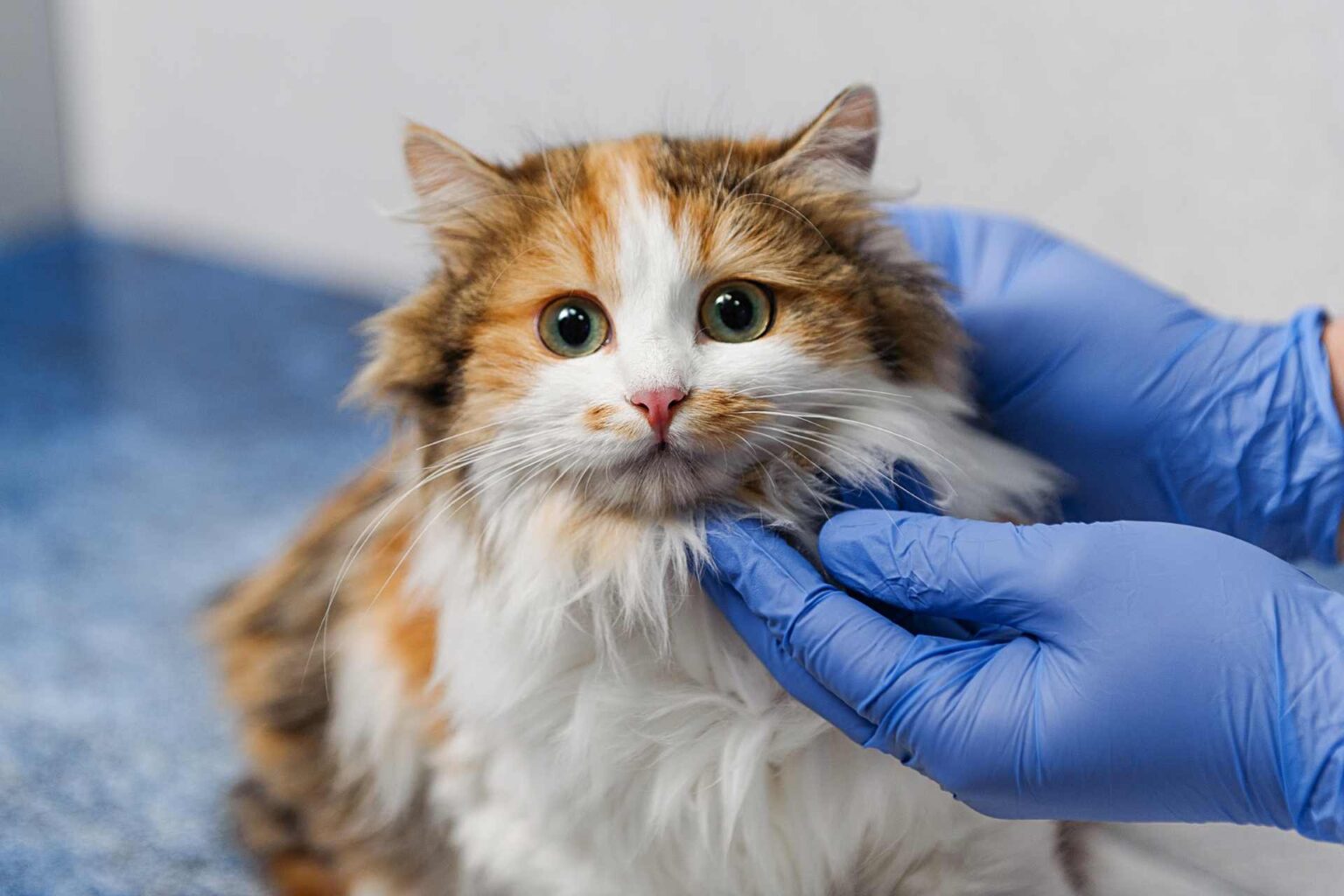The impact of diet on health is irrefutable, both for humans and pets. The ever-increasing interest in healthier, locally sourced, fresh and less processed foods in human nutrition has now carried over into the pet food industry as well.
As of today, in fact, various diets labeled as natural, unprocessed and/or grain-free are also available for them.
Owners increasingly tend to choose diets for their pets that contain raw or at least minimally processed foods. Although it appears that these types of diets, particularly those based on raw meat, can lead to general benefits for animals (cleaner teeth, improved immunity, decreased inflammatory diseases), there is very little evidence in the scientific literature to support these possible benefits.
On the other hand, feeding your pet with home-prepared diets could create nutritional deficiencies or excesses.
Various studies have shown that the nutrient composition of a diet is a factor in determining differences in the microbial populations of the gut microbiota, and this has an impact on the overall health of the animal.
Raw meat-based diets (RMBDs) consist mainly of protein and fat, while commercial products in kibble form may contain 30% to 40% carbohydrates and 3% to 5% fiber. Therefore, feeding your dog raw food could theoretically result in different outcomes on the animal’s health.
Raw meat: legends or reality?
There is little data in the literature about the effects of using RMBD and, in general, minimally processed foods; hypothesizing that adult dogs fed raw meat may show differences in clinical parameters and improvements in overall health compared to dogs fed Hiney kibble and collaborators wanted to compare health markers between these two groups.
Data from the urine and blood analysis of healthy dogs fed RMBD (n=28) or kibble (n=27) for a period of time > 1 year. Dental, external auditory canal and integument health scores were, in addition, noted, rated from 0 (normal condition) to 3 (severe condition).
It was, then, calculated the score composite clinical health score (CCS), calculated from 0 to 9, using the formula CCS = 9 –( dental health score + otitis status score + integument health score ).
The results showed that serum alkaline phosphatase activity was about 50 percent lower in dogs fed with RMBD compared with kibble-fed dogs, just as it was lower globulin concentration, while it was found to be higher the albumin/globulin ratio, a sign of reduced inflammatory status in the RMBD dog group compared with kibble-fed dogs. The lymphocyte count also showed a higher number of lymphocytes in dogs fed RMBD. No differences were found in urinalysis between the two groups. Regarding the CCSscore, RMBD dogs showed a slight improvement in this parameter compared with kibble-fed dogs.
Conclusions
Although the study data show differences in clinical parameters between the two diet groups further studies will be needed to specifically and more thoroughly determine the impact that diet type and nutrient content may have on the health of dogs.
Reference
Hiney K, Sypniewski L, Rudra P, Pezeshki A, McFarlane D. Clinical health markers in dogs fed raw meat-based or commercial extruded kibble diets. J Anim Sci. 2021 Jun 1;99(6):skab133. doi: 10.1093/jas/skab133.













